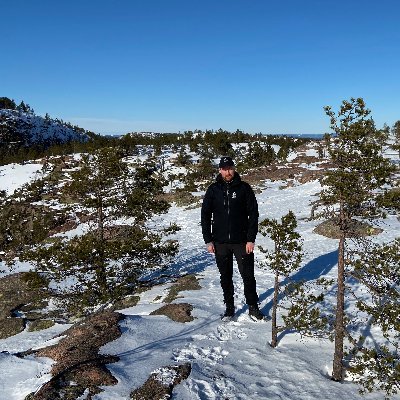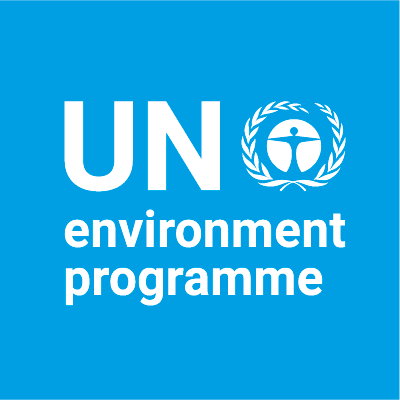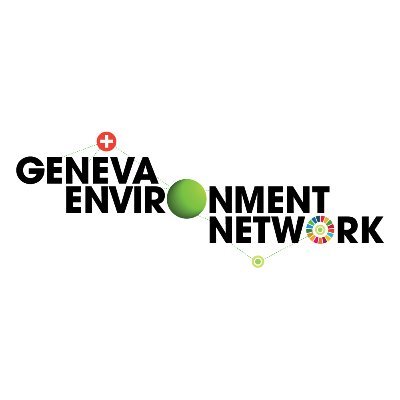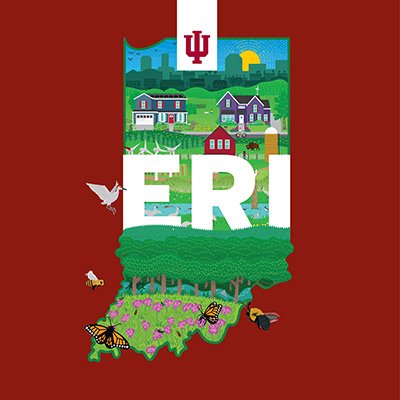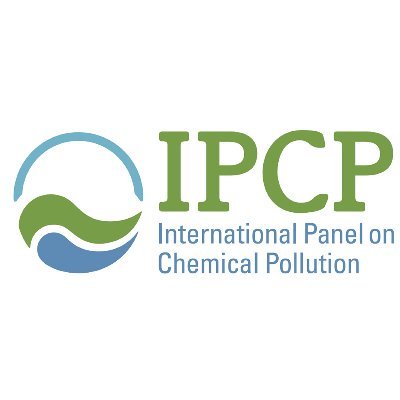
IPCP - International Panel on Chemical Pollution
@IPCPch
Followers
755
Following
283
Media
34
Statuses
228
Solving chemical pollution through international scientific collaboration. You will find us at LinkedIn or Bluesky from now on.
Joined December 2021
You will find us at LinkedIn or Bluesky from now on. https://t.co/iGUJxN3GvK
https://t.co/I3naVHAKxZ
ch.linkedin.com
International Panel on Chemical Pollution (IPCP) | 4.250 Follower:innen auf LinkedIn. Chemical pollution is a global threat that warrants global actions. | The International Panel on Chemical...
0
0
1
Are you going to the SETAC meeting in Vienna? We invite you to submit abstracts to our session titled "Scientific Input to the New Global Science-Policy Panel," which focuses on the critical role of science in managing global chemical pollution. https://t.co/mGTL1U5QKB
0
4
4
Read our newsletter here: IPCP contributed to OEWG-3 on establishing a new science-policy panel on chemicals, waste, & pollution, we enjoyed SETAC Europe, published on SPP assessments, & are looking forward to our general assembly. https://t.co/WU71gRDjKQ
0
2
2
Our final briefing from #OEWG3 is out. This is not the end we had hoped for, but we will continue to work for a strong global science policy body that contributes to protecting human health and the environment. https://t.co/e9amzzCDPw
1
1
3
"We are not separate from the environment. When you separate human life from the environment, it is only to justify the abuse or misuse of the environment." Indigenous Peoples' voices are heard at #OEWG3. Discussions to define a science-policy panel to #BeatPollution end today.
3
28
53
Pollution is a global problem that impacts us all. Deadly to humans, destructive to ecosystems & disastrous for economies. A science-policy panel is the first step to securing a pollution free world & what #OEWG3 must deliver. My #OEWG3 remarks: https://t.co/m2MTDd8qLe
10
60
135
Day 5⃣ of the 3rd session of the ad hoc open-ended working group to prepare proposals for a science-policy panel on #chemicals, #waste & #pollution prevention begins in #GENeva, marking the final day of the negotiations! #OEWG3 #SPPCWP ▶️ https://t.co/WAdNf9biwr
1
2
6
“I want to stand at the Summit of the Future and say that you have future-proofed the issue of chemicals and waste.” @UNEP Executive Director @andersen_inger injects energy into the final plenary session of #OEWG3.
0
10
24
"Overall, it was a very full and intense day. Some said that they see light at the end of the tunnel, but others are still frustrated by the lack of progress and the concern that the result of OEWG-3 may be a “smallest common denominator”." https://t.co/mSBFNnX26E
0
3
4
The new SPP offers the mechanisms to enable assessments framed as inputs to policy-making, to protect and support the recovery of local to global human and #environmentalhealth. @UofT @UofTenvironment @WUR @PyC_Gabriel
#OpenAccess in ES&T Letters: https://t.co/cuK4jVyA01
0
4
7
Just in time for the #OEWG3 we have a new Policy brief: Leveraging solution-oriented assessments for the Science-Policy Panel. For detailed background information: https://t.co/GjNhyEUMRr
0
4
6
What will the new Science Policy Panel do? We have some suggestions in our latest publication and accompanying policy brief. Read more: https://t.co/AMwCsKiYgs
0
8
13
Engaged in discussions with @ThoBaSwe and @HHollert, preparing for our Thursday session focused on chemical effects on biodiversity - the first time ever @WorldBioForum 2024 in Davos
1
3
21
Persistent organic pollutants, including PFAS, pesticides, and insecticides, don't degrade in the environment and spread easily, with the potential for significant negative effects on human and environmental health. Marta Venier, an @IUONeill professor, explains:
1
14
18
What will the new Science Policy Panel do? We have some suggestions in our latest publication and accompanying policy brief. Read more: https://t.co/AMwCsKiYgs
0
8
13



